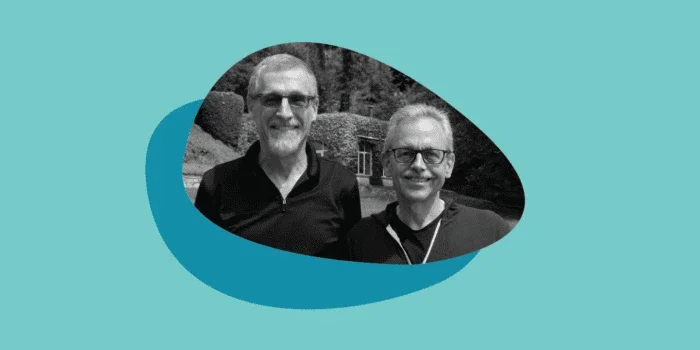Featured Content

We really believe that philanthropy will help address the climate finance gap. This funding is critical, patient, and flexible. It doesn't require a financial return and it can be deployed quickly.

With a market-making model, we can address the intermediate gap created by the lack of information from financial institutions that are not on the ground and manufacturers who are too in the trenches. Driving systemic change will help make the process more equitable.

What is the purpose of money in a world facing so much social and environmental distress? Why can’t we channel a big chunk of that money toward the investments necessary to avoid what is categorically a worsening environmental default?

For me, the link between climate extremes and their impacts on people is the biggest gap in data that exists today.

Most people will tell you that once you start looking into climate change – its inexorability, its ramifications – you can’t look away. It took over my reporting career, and a lot of other aspects of my life as well.

There need to be discussions on how to build a stronger framework to support the countries that suffer most from the consequences of the climate crisis.

Traditional economics says that equity is antithetical to prosperity but, in fact, equity is essential to prosperity.

Which person needs to do something different on Monday morning than they did on Friday night?” Policymakers, ministers, and CEOs don't reduce emissions; they change the context.

If we can’t find ways to shift more resources, more investments, and more concern into the parts of the world that have not had the opportunities that we’ve had for development and for improving our overall quality of life, we won’t succeed.

We need change to address the climate crisis, and the only way in history that has ever happened – with the scale and speed that the science says is necessary – is through mass mobilization and movements led by organizers in areas where the harms are most directly experienced.


Recent Bellagio Updates

Bellagio Breakthroughs
Welcome to Bellagio Breakthroughs, where we highlight the work of Bellagio Center residents and conveners who are driving progress on globally pressing issues.
More